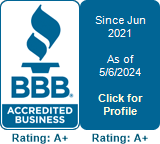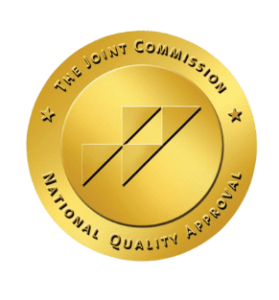Thinking You Have to Do Everything Alone
Early on in recovery, your willpower and motivation should be high. That’s a strong indication you’re on the right track! However, you have to be careful not to mistake that for thinking you can—or should—do everything on your own.
You have to acknowledge the magnitude of what you’re dealing with. Addiction is an issue that’s too big for any one person to solve. Part of recovery may mean admitting your struggles are rooted in problems bigger than you are. There may be days when you need support more than you need willpower. That’s okay.
In early recovery, your success is often determined by your ability and willingness to ask for and accept help when you need it. Too often, people in early recovery aren’t able to accept or ask for help, so taking a few simple steps to prepare when your willpower is strong is an easy way to avoid setbacks tomorrow.






